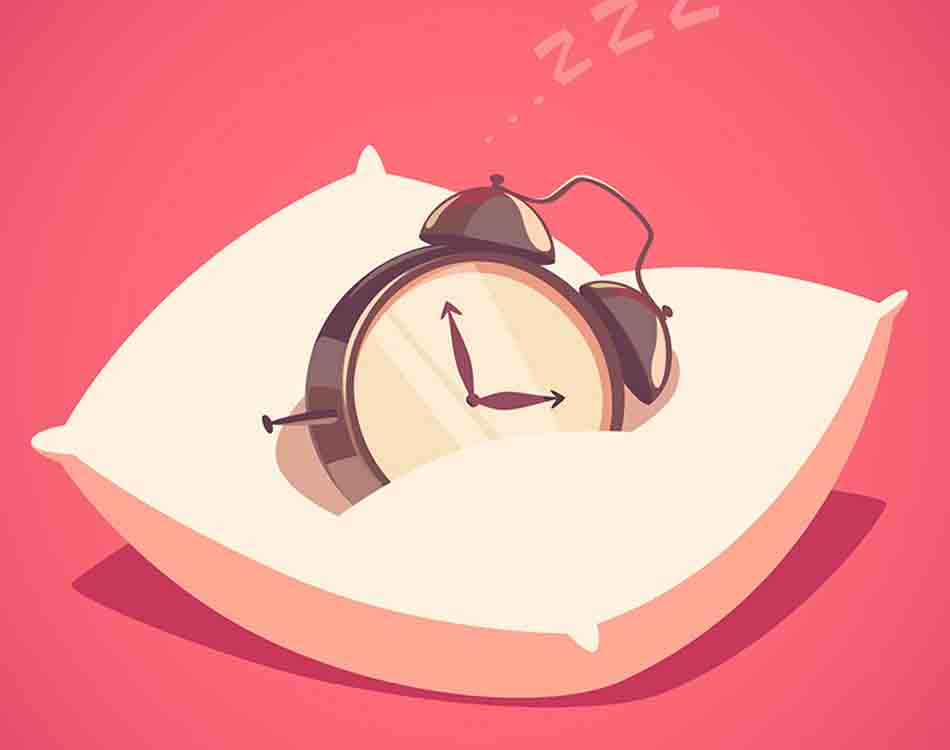Modern life’s prevailing ‘work hard, play hard’ culture often leads to a lack of adequate sleep, particularly in our younger years when we’re trying to work our way up the corporate ladder while still enjoying a social life and remaining active.
And we all know the immediate or short-term implications that a lack of quality sleep can have on our performance, our health and our bodies. What we often forget is that sleep is also vital for our brains. Adequate sleep is necessary to maintain normal levels of cognitive skills such as speech, memory, innovative, and flexible thinking. In other words, sleep is an essential part of life.
Why sleep deprivation really sucks
Studies have found that acute sleep deprivation, also referred to as cumulative sleep debt, affects immune and brain function and also negatively impacts various aspects of our physiology.
The most notable effects are on our hormonal system, resulting in blunted insulin sensitivity, a rise in cortisol levels, which results in catabolism (loss of muscle tissue), and a decrease in the production of important anabolic hormones such as growth hormone.
Furthermore, previous research has also associated changes in gut microbiota – the community of microorganisms that reside in the digestive tract – with a higher prevalence of obesity and type-2 diabetes and researchers at the Department of Neuroscience at Uppsala University in Sweden have also linked a lack of sleep to changes in gut bacteria. Additional potential acute effects of poor sleep habits include infertility, high blood pressure, heart disease, and stroke and shortens life expectancy.
Long-term implications of sleep deprivation
In our prime these health issues may seem trivial as younger men are more resilient to the effects of fatigue. They are therefore more likely to get caught up in modern work culture, where more hours spent at the office signify dedication and commitment, thinking that the effects are transient and can be rectified with a few nights of quality sleep or a weekend spent ‘catching up’.
Unfortunately this approach now seems misguided as it seems that the real costs come later in life. Researchers from the University of Jyvaskyla in Finland recently showed how the combination of long working hours and a lack of sleep earlier in life have negative effects in later life.
The 2016 study, which was published in the journal Age and Ageing, used data from the Helsinki Businessmen Study to track the health of more than 3,000 men born between 1919 and 1934. About 1,500 of the men had provided clinical characteristics of health, self-rated health, working hours and sleep duration in 1974 when they were in their mid to late forties, on average, and completed health-related quality-of-life surveys some 26 years later in 2000, when most were in their sixties and seventies.
Nearly half of respondents in the original group of men worked less than 50 hours per week, which the researchers considered to be normal, while 352 men worked more than 50 hours a week. Similar proportions of men had normal sleep of at least 47 hours per week, versus shorter sleep totals.
The data show that businessmen who worked more than 50 hours and slept less than 47 hours a week in their prime working years had poorer health in old age, which included poorer scores for physical functioning, vitality and general health than their peers who had normal work and sleep habits when they were younger.
According to lead author Dr. Mikaela Birgitta von Bonsdorff and her co-authors, midlife smoking and self-rated poor health at that time explained some of the association with the results at older ages. However, Dr. von Bonsdorff was also quoted by Reuters as saying that truncated sleep increased stress and strain, which are important aspects of quality of life and that sleep problems might also be related to an unhealthier lifestyle.
It therefore pays to get adequate amounts of quality sleep at all stages in life, not just for the short-term health, aesthetic and performance benefits, but also for the sake of your health in later life.















